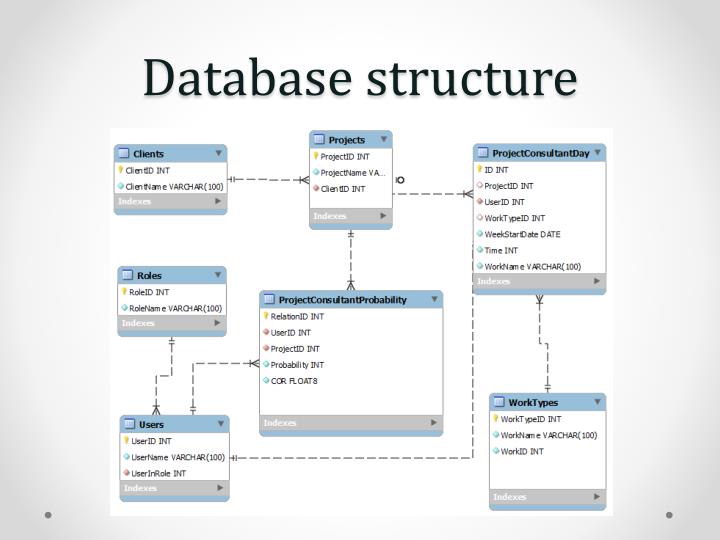Protecting Your Data with an Intext: Password ext: log
If it’s related to searching for specific strings within a text or log file, you might be referring to a command or functionality used in certain programming or scripting contexts.
Password
A password is a secret combination of characters that a user provides to authenticate themselves and gain access to a system, application, or account. Passwords are crucial for security and should be kept confidential.
Ext
“Ext” is often short for “extension,” and in the context of files, it usually refers to the file extension that indicates the format or type of a file. For example, “.txt” is a common file extension for text files.
Log
A log file is a record of events, activities, or transactions that occur within a system, application, or network. Log files are for troubleshooting, auditing, and monitoring purposes.
Is It Ethical And Legal To Use ‘Intext Password’ Searches To Find Sensitive Information?
Ethical ConcernsPrivacy Violation
Searching for passwords or sensitive information without permission could violate individuals’ privacy rights.
Unauthorized Access
Accessing files or systems without proper authorization is considered unethical and could result in a breach of trust.
Data Security
Unauthorized searching could compromise data security and put individuals at risk of identity theft, hacking, or other forms of cybercrime.
- Legal Concerns
Unauthorized Access and Hacking Laws
Many jurisdictions have laws that prohibit unauthorized access to computer systems, networks, and files. Engaging in searches without permission could potentially violate these laws.
Data Protection Laws
Depending on your location, you might be subject to data protection laws that regulate the collection, storage, and use of personal information. Unauthorized searches for sensitive data could lead to legal consequences.
Intellectual Property Laws
If you search within files containing proprietary or copyrighted information, unauthorized access could violate intellectual property rights.
Always exercise caution and follow ethical guidelines when dealing with sensitive information or performing any search that could potentially compromise data privacy or security.
Can I Use The ‘intext password’ Technique To Find Forgotten Passwords?
Use Account Recovery Options
Most online services provide account recovery options, such as resetting your password through your registered email address or mobile phone number. Look for the “Forgot Password” or “Can’t Access Your Account?” options on the service login page you’re trying to access.
Check Password Managers
If you use a password manager, you can retrieve your saved passwords from there.
Contact Customer Support
If you cannot recover your password through automated methods, you can reach out to the customer support of the service or website and follow their recommended account recovery process.
Verify Identity
Be prepared to provide information that proves your identity, such as answering security questions or providing personal details. It is a crucial step to prevent unauthorized access to accounts.
Avoid Unethical Practices
Trying to retrieve passwords by searching for them in files or logs without authorization can be considered unethical and potentially illegal. Always use proper, authorized methods for password recovery.
Improve Password Management
To avoid future issues, consider using a password manager to securely store your passwords and create strong, unique passwords for each account.
What Precautions Should Take When Dealing with Passwords and Log Files?
- Encryption
Use strong encryption methods to protect sensitive information, including passwords and log files, both in transit and at rest. It ensures that even if unauthorized access occurs, the data remains unreadable.
- Access Control
Implement strict access controls to restrict who can access passwords and log files. Only authorized personnel should have access, and their access should be based on the principle of least privilege, meaning they have only the necessary access rights to perform their tasks.
- Secure Storage
Store passwords in a secure manner, preferably using cryptographic hash functions with proper salting. Never store plain text passwords.
- Regular Monitoring
Regularly monitor log files for suspicious or unauthorized activities. It can help identify potential security breaches or unauthorized access attempts.
- Audit Trails
Maintain audit trails that document who accessed the log files, when, and for what purpose. It can be crucial for investigating security incidents.
- Secure Transmission
When transferring log files, use secure communication channels, such as encrypted protocols like HTTPS or SFTP, to prevent interception by malicious actors.
- Regular Backups
Regularly backup log files and store them securely. It can be useful for both analyzing historical data and recovering from data loss incidents.
- Employee Training
Train employees and personnel who handle passwords and log files. Make sure they understand best practices for security and the potential risks associated with mishandling such data.
Bottom Line
Intext passwords should be securely hashed and salted before storing. Hashing converts the password into an irreversible, encrypted form, and salting adds a unique value to each password before hashing. It makes it much more difficult for attackers to crack passwords even if they gain access to the hashed values.
FAQ’s
What are the risks of using the “intext password ext log” technique?
Risks include potential privacy breaches, unauthorized access to sensitive information, and legal consequences if used improperly.
Are there legal implications associated with using “intext password ext log”?
Using this technique without authorization could violate unauthorized access and data protection laws, potentially leading to legal consequences.
Can I use this technique to recover my forgotten passwords?
No, this technique is not suitable for password recovery. If you’ve forgotten your password, follow the proper account recovery procedures provided by the service.
Fore more details also read this article: https://www.techrelevent.com/unleashing-the-benefits-of-software-house-training/






